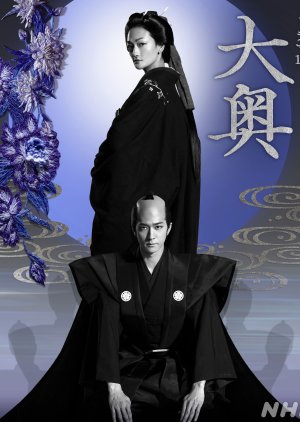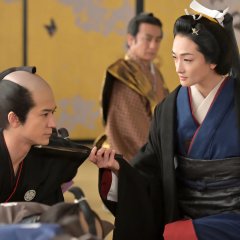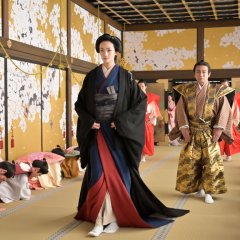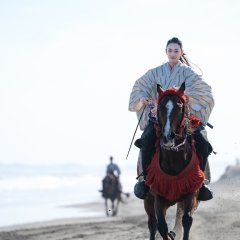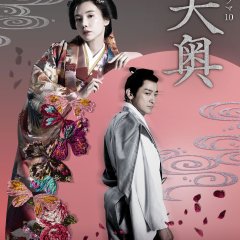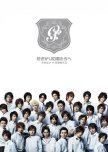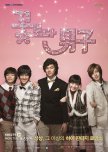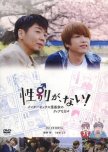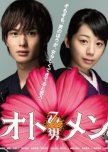- Nederlands
- English
- magyar / magyar nyelv
- עברית / עִבְרִית
- Oorspronkelijke titel: 大奥 Season1
- Ook gekend als:
- Scenarioschrijver: Morishita Yoshiko
- Regisseur: Ohara Taku, Kawano Hideaki
- Genres: Historisch, Romance, Drama
Cast & Credits
- Fukushi SotaMadenokouji ArikotoHoofdrol
- Tominaga AiTokugawa YoshimuneHoofdrol
- Hotta MayuTokugawa Iemitsu / ChieHoofdrol
- Saito YukiKasuga no TsuboneHoofdrol
- Naka RiisaTokugawa TsunayoshiBijrol
- Yamamoto KojiEmonnosukeBijrol
beoordelingen

An Interesting Alt History of Edo Period Japan
I will preface this review by saying I have not read the manga which ran for 17 years, nor watched this year's anime on Netflix, nor seen the prior drama series from 2010, nor the prior two movies. I imagine that one's experience of this series could vary widely based on how much of the prior material you have encountered.The premise of this drama is that Japan experienced an on-going plague starting in the reign of 3rd Tokugawa Shogun in the early 1600s that reduces the population of men to one quarter of that of women. Thus, part of what Ooku explores, in general, is what that change in demographics might mean to the roles of men and women. What would Edo-period Japan have been like if women were in charge?
This drama is roughly divided into three chunks covering incidents in the lives of the woman who took over the role of the 3rd Shogun, and then 5th and 8th Shogun. The 8th Shogun serves as wrapper for all the episodes as she reads about the lives of these prior two Shoguns. The manga continued through the 14th Shogun, and so this drama does not attempt to cover the entire run of the manga, and, indeed, one presumes Season 2 will cover more of underlying material. Nevertheless, this series (like many other manga and novel adaptations) does suffer a bit from trying to cover too much of the original material.
The cast is huge and the production fairly lavish though we comparatively rarely see what life is like outside of the Shogunal residence in Edo. Like many Roman and Chinese emperors, the Japanese Shoguns in this period seem to be fairly isolated within a system meant to protect them and insure the continuation of their dynasties. And, indeed, the Ooku was the quarters for the Shogun's concubines during the Edo period, and so becomes the quarters for the male concubines in this alternative history, and so part of what the series explores why and how men come to serve as concubines, and how the system works (and sometimes fails) to produce heirs to the Shogun.
The series does address some interesting and perhaps surprising issues over the course of this season, but I do think the quality and interest of the three sections are fairly even though they cover entirely different themes and have have mostly different casts of characters. There are some striking moments scattered throughout the series, and the performances vary from solidly professional to quite good. If you enjoy alternative histories and Japanese period dramas, it's well worth watching.
Vond je deze recentie nuttig?
aanbevelingen
There have been no recommendations submitted. Be the first and add one.

